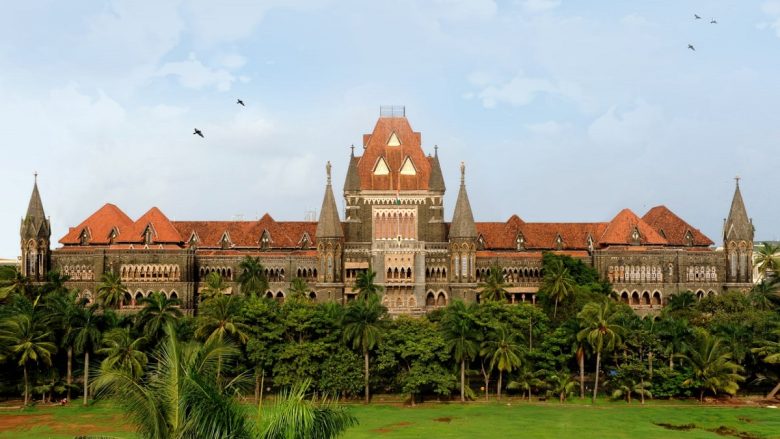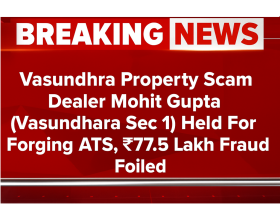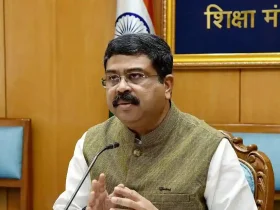MUMBAI, July 19, 2024 – In a significant ruling, the Bombay High Court has invalidated a Maharashtra government notification that exempted private schools within a one-kilometer radius of government or aided schools from reserving 25% of their seats under the Right to Education (RTE) Act. The court declared this exemption as ultra vires to Article 21 of the Constitution of India and the provisions of the Right of Children to Free and Compulsory Education Act, 2009.
Bombay HC RTE Quota Main Points of the Judgment
- Bombay High Court, Maharashtra government, private unaided schools, and children from economically weaker sections.
- Quashing of the Maharashtra government notification exempting certain private schools from RTE quota admissions.
- Bombay High Court, Maharashtra.
- Judgment passed on July 19, 2024.
- The court found the notification violated constitutional rights and the provisions of the RTE Act.
- By ruling the notification null and void, mandating all private schools to adhere to RTE provisions.
Bombay HC RTE Quota
The Maharashtra government’s notification, issued on February 9, sought to exempt private unaided schools within a one-kilometer radius of government or aided schools from reserving 25% of their seats for economically weaker and disadvantaged children. This notification faced significant opposition, with petitioners arguing that it contravened the fundamental rights guaranteed under Article 21-A of the Constitution and the RTE Quota Act.
Bombay High Court Rationale and Implications:
The division bench of Chief Justice D K Upadhyaya and Justice Amit Borkar emphasized that the mandate of free and compulsory education under Article 21-A is almost absolute. The court underscored that both the government and private unaided schools are obliged to ensure that children in the age group of six to fourteen from disadvantaged sections receive education.
The court dismissed the government’s argument about the sufficiency of schools and funding, stating that the availability of government or aided schools does not negate the private unaided schools’ obligation to comply with the RTE Quota Act.
HC Specifics of the Court’s Stay Order:
In May, the court granted a stay on the implementation of the notification. The stay affected previous admissions in some private unaided schools, but the court clarified that these admissions would not be disturbed, provided the schools fulfill the 25% quota moving forward.
HC Government Pleader’s Argument:
Additional Government Pleader Jyoti Chavan argued, “The notification applied only to unaided private schools in areas that have government or aided schools.” However, the court found this reasoning insufficient to override the constitutional mandate for free and compulsory education.
Significant Quotes from the Judgment:
- “The notification is held to be null and void,” stated the court, reinforcing the mandatory duty of private unaided schools to adhere to the RTE provisions.
- “The mandate of the law casts a duty not only on the government but also on private unaided schools to provide education to children from the disadvantaged section of society,” the bench noted.
Bombay High Court Developments and Future Prospects:
Prior to the court’s stay on the notification in May, admissions had already been made in some private unaided schools. These admissions will not be disturbed, but the schools must ensure the 25% quota is filled moving forward. The court’s decision ensures that the fundamental right to education for economically weaker sections is upheld, setting a precedent for strict adherence to the RTE Act across India.
The Bombay High Court’s ruling is a significant step in upholding the constitutional right to education for disadvantaged children. By ensuring that all private unaided schools comply with the RTE Act, the court has reinforced the commitment to providing free and compulsory education, which is crucial for the nation’s social and educational development.
- IIT Bombay Implements NEP 2020 Entry and Exit Policy to Reduce Dropout Rates Among Marginalized Students
- JNU Protest Ban Near Administrative Block, Reaffirms Zero Tolerance for Violence, Plans Weekend Classes
- Oil India Recruitment 2024: Apply Now for Advisor Roles with Salaries Up to ₹215,000 Monthly
- SBI SO Recruitment 2024: Apply for 1040 Specialist Officers @sbi.co.in by 8 August
- IGNOU Admission 2024 Deadline Extended to July 31: Apply Now Online




